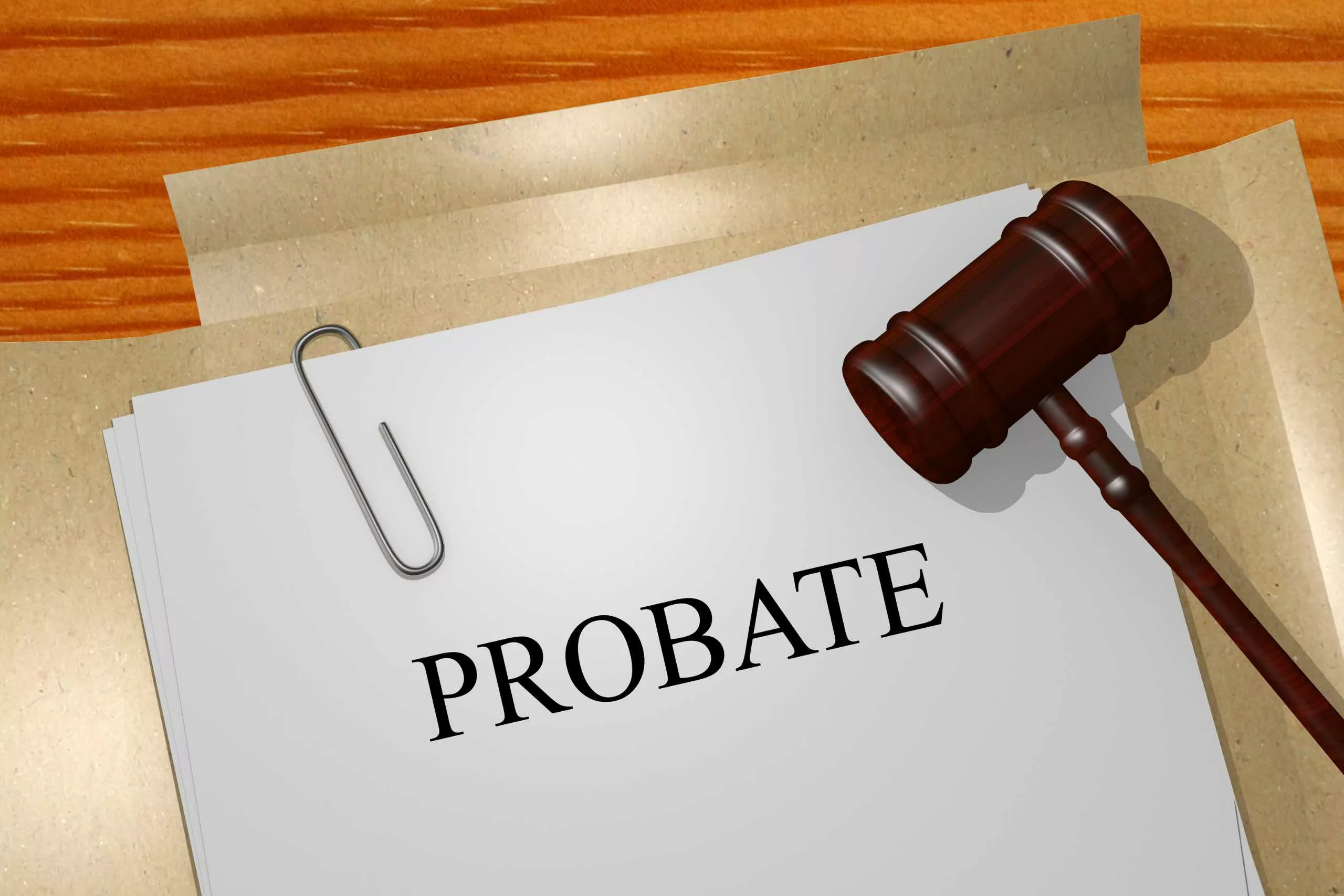
For many, the term “probate” evokes a sense of mystery, accompanied by visions of complex legal paperwork and courtroom dramas. However, the essence of probate is relatively straightforward, especially when we break it down step by step. Welcome to our comprehensive yet easy-to-understand guide on Alabama Probate.
1. Probate Defined
Probate is a legal process where a deceased person’s will is reviewed, authenticated, and executed by a court. If there’s no will, the probate process determines how assets are distributed based on state law. In essence, it’s the method by which your estate is settled and transferred to beneficiaries.
2. The Alabama Probate Process: Step by Step
Locating the Will: The process kicks off by locating the deceased’s will. If none is found, the estate is considered “intestate,” and Alabama state laws dictate asset distribution.
Submitting the Will to Probate Court: The will is then submitted to the local probate court in the county where the deceased resided.
Appointing an Executor: If there’s a named executor in the will, and they’re willing and able to serve, the court usually appoints them. Without a will or named executor, the court chooses an administrator.
Taking Inventory: The executor/administrator tallies up the deceased’s assets. Everything from bank accounts to personal property gets listed.
Notifying Creditors: Creditors are informed about the death and given a window of time to make any financial claims against the estate.
Paying Debts: Before any asset distribution, the estate settles outstanding debts. This could include anything from utility bills to mortgages.
Distributing Assets: What remains after settling debts gets distributed to beneficiaries as per the will’s instructions. Without a will, Alabama’s inheritance laws come into play.
Closing the Estate: With all tasks completed, the executor asks the court to close the estate.
3. Why is Probate Important?
Legitimacy: It verifies the authenticity of a will.
Oversight: The court provides an oversight mechanism, ensuring debts are paid, and beneficiaries receive their rightful inheritance.
Conflict Resolution: Any disputes or claims regarding the estate are addressed during probate.
4. Tips for Navigating Alabama Probate
Preparation is Key: If you’re the executor, keeping organized records and understanding the will’s terms are crucial.
Legal Counsel: Probate laws can be intricate. Engaging with a local Alabama probate attorney familiar with Alabama’s probate laws can be invaluable.
Open Communication: Regularly updating beneficiaries on the probate progress can help reduce tensions and maintain transparency.
5. Probate Minimization
While probate provides a structured way to settle estates, many aim to minimize its reach for the sake of efficiency, cost, and privacy. Using trusts, joint ownerships, or beneficiary designations can help bypass the probate process for certain assets.
Probate in Alabama, while seemingly complex, is a well-structured process ensuring the lawful and just distribution of a person’s assets after their passing. Whether you’re planning your estate or navigating the probate process for a loved one, understanding its intricacies is the first step towards a smooth journey.
Leave a Reply